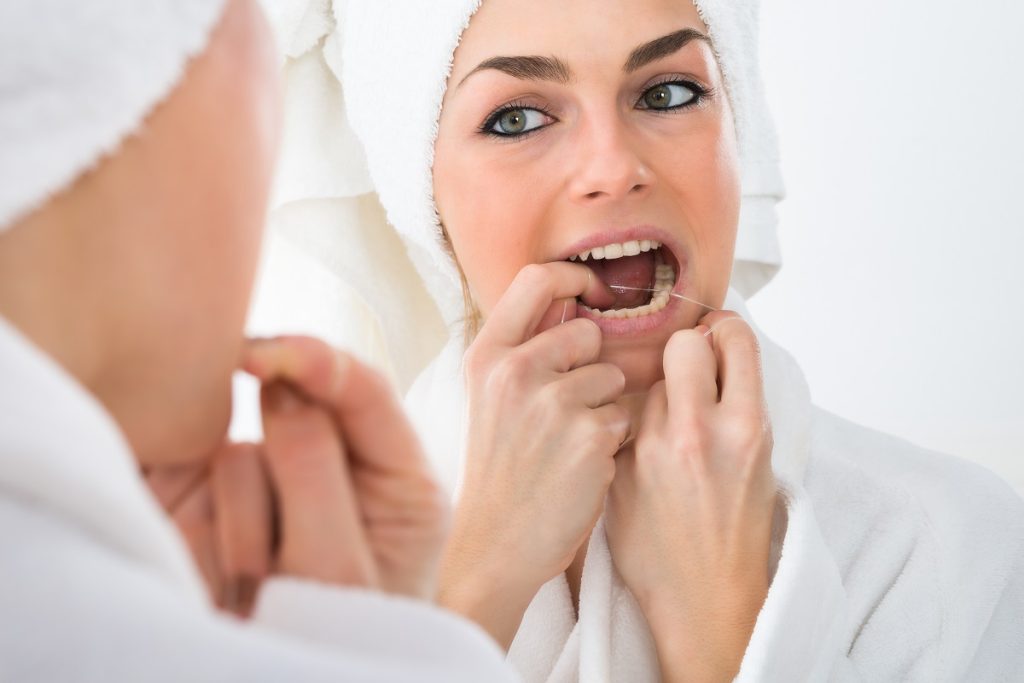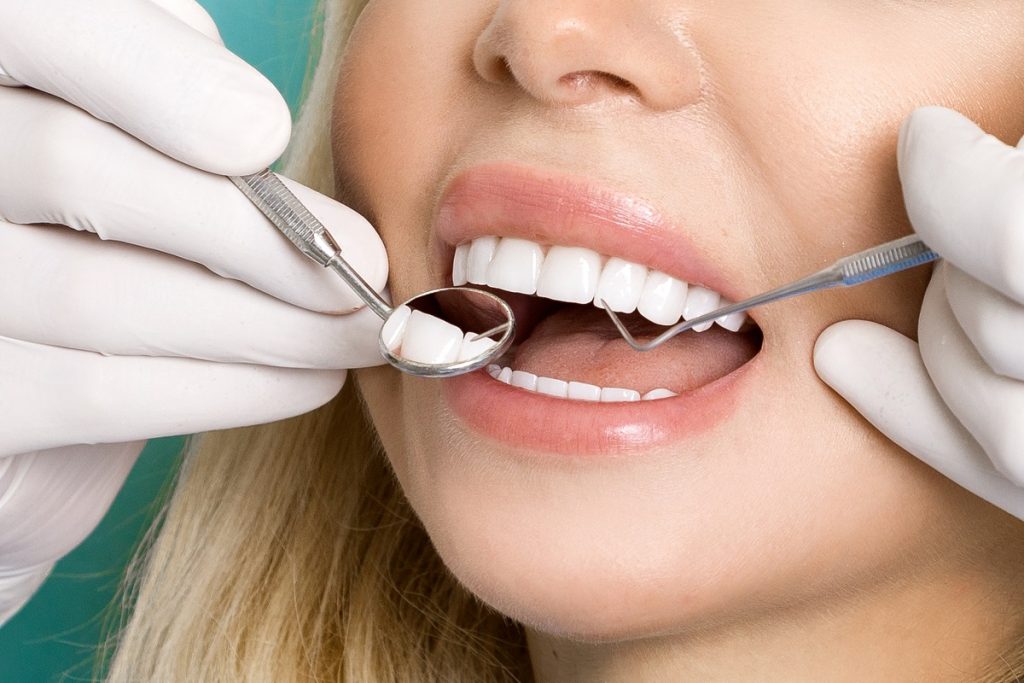- Good oral health, including regular brushing and flossing, eating healthy foods, and using fluoride treatments, can help prevent tooth decay.
- Regular dental checkups are essential for detecting tooth decay early on and treating it promptly.
- Natural treatments such as oil pulling and probiotics can help reduce tooth decay and promote oral health.
- Tooth replacement options, such as dental implants, are available if a tooth is lost due to decay or other problems.
Tooth decay is a common dental problem when bacteria in the mouth produce acids that damage the tooth’s enamel. If left untreated, tooth decay can lead to severe dental problems, such as cavities, gum disease, and tooth loss. Here are five tips for dealing with tooth decay.
1. Practice Good Oral Health
Good oral hygiene is critical for preventing tooth decay. This is because bacteria that feed off of food particles in the mouth can combine with saliva and form plaque. Plaque is difficult to remove and left unchecked; it can cause cavities, gum disease, and other dental problems.
Here are tips on how you can practice good oral health:
Brush Regularly
To maintain good oral hygiene, it is recommended to brush your teeth twice each day, for a duration of two minutes each time. Use a soft toothbrush to brush all surfaces of your teeth and along the gum line. Replace your toothbrush every three months or when the bristles become worn out.
Floss Every Day

Flossing removes food particles and plaque from between your teeth, which helps to protect them from decay. Take about 18 inches of floss and wind most of it around your middle fingers. Carefully slide the floss between each tooth, moving it up and down multiple times.
Use Mouthwash
Mouthwash can help remove food particles and bacteria that brushing and flossing don’t reach. Look for a mouthwash with fluoride, which helps to strengthen your teeth’s enamel. Swish the mouthwash around in your mouth for 30 seconds before spitting it out.
Eat Healthy Foods
Eating healthy foods is key to maintaining good oral health. Avoid sugary and acidic foods, which can wear down tooth enamel and lead to decay. Instead, eat crunchy fruits and vegetables like apples and carrots, which help increase saliva production, a natural way to cleanse your mouth. Additionally, focus on eating calcium-rich foods like yogurt and cheese to help strengthen your teeth.
2. Use Fluoride Treatments
Fluoride is a mineral that strengthens tooth enamel and can help prevent tooth decay. You can get fluoride treatments from your dentist or use fluoride toothpaste and mouthwash at home. Some cities also add fluoride to their drinking water, which can help reduce tooth decay.
Fluoride treatments are an easy and safe way to prevent cavities. Your dentist can apply a varnish or gel to your teeth that contain fluoride, which helps protect them against decay by strengthening the enamel. Depending on your risk of tooth decay, you may need fluoride treatments every three, six, or 12 months.
3. Get Regular Dental Checkups

Regular dental checkups are essential for detecting tooth decay early and preventing further damage. Your dentist can check for cavities, gum disease, and other dental problems and recommend treatments if necessary. You should visit your dentist every six months for a checkup and cleaning. Doing so can help you maintain good oral hygiene and prevent dental issues.
Regular checkups allow your dentist to monitor any issues and catch potential problems before they become serious. During a typical dental exam, your dentist will examine the condition of your teeth and gums and look for signs of infection or decay. They may also take X-rays to check for any underlying issues. Gums can be evaluated for signs of periodontal disease, and the overall condition of your mouth will be assessed.
4. Utilize Natural Treatments
Natural treatments can help reduce tooth decay and promote oral health. For example, swishing with oil can help remove bacteria from the mouth. It helps to pull out toxins that have built up in your gums and teeth, reducing inflammation and promoting healing. You can also use natural ingredients like baking soda and hydrogen peroxide to fight bacteria in the mouth.
Additionally, consuming probiotic foods and drinks can help to balance the bacteria in your mouth, promoting good oral health. Certain herbs, such as clove oil, also have antimicrobial properties that can help reduce inflammation in your gums and fight off bad bacteria. By exploring these natural treatments, you can work towards a healthier mouth.
5. Consider Teeth Replacement
In some cases, tooth decay can lead to tooth loss. Consider a durable teeth replacement such as dental implants if you lose a tooth due to decay or other dental problems. Dental implants are the most natural replacement for missing teeth and help you maintain a healthy smile. You could also consider other teeth replacement options, such as bridges or partial dentures. Talk to your dentist about the best option for you and your smile.
In Summary
Tooth decay is a common dental problem that can lead to severe dental problems if left untreated. By practicing good oral hygiene, using fluoride treatments, getting regular dental checkups, treating tooth decay promptly, and considering tooth replacement options, you can help prevent tooth decay and maintain good oral health.







